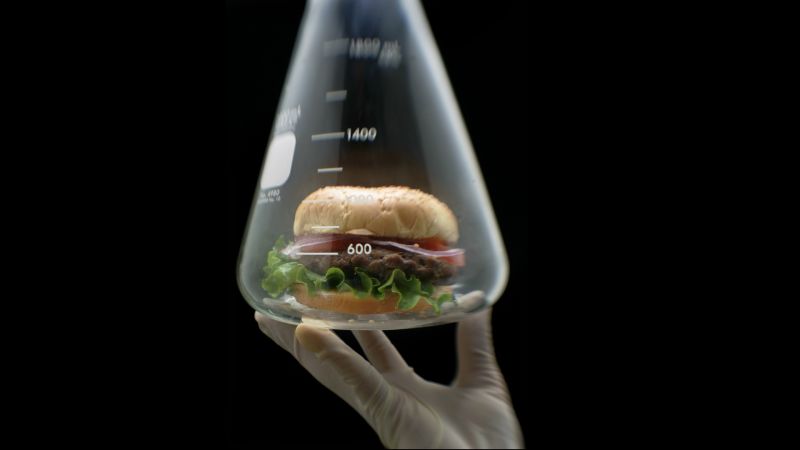
Lab-Grown Meat: The Next Big Thing in Food?
Lab-Grown Meat: The Next Big Thing in Food?
As the world grapples with issues of food security, environmental sustainability, and ethical concerns surrounding traditional livestock farming, lab-grown meat has emerged as a revolutionary alternative. But is it truly the next big thing in food? Let’s explore the science, benefits, challenges, and future of this groundbreaking innovation.
What Is Lab-Grown Meat?
Lab-grown meat, also known as cultured meat or cell-based meat, is produced by cultivating animal cells in a controlled environment without the need to slaughter animals. The process involves the extraction of stem cells from an animal, which are then grown in a nutrient-rich medium, replicating muscle tissue development inside a bioreactor.
How Is It Made?
- Cell Collection: A small sample of stem cells is taken from a live animal.
- Cell Cultivation: The cells are placed in a bioreactor with essential nutrients to promote growth.
- Tissue Formation: The cells multiply and form muscle tissue, mimicking real meat.
- Harvesting & Processing: Once the meat reaches a suitable structure, it is harvested and processed into food products.
Benefits of Lab-Grown Meat
The potential advantages of lab-grown meat make it an attractive alternative to traditional meat production.
1. Environmental Sustainability
- Reduces greenhouse gas emissions compared to traditional livestock farming.
- Requires significantly less land and water resources.
- Helps combat deforestation linked to cattle ranching.
2. Ethical Considerations
- Eliminates the need for animal slaughter.
- Reduces animal cruelty and suffering.
- Appeals to consumers concerned about animal rights.
3. Health & Safety
- Lower risk of contamination from bacteria like E. coli and Salmonella.
- Potential for customized nutrition, such as lower fat content or enhanced vitamins.
- No need for antibiotics, reducing antibiotic resistance concerns.
4. Food Security & Scalability
- Provides a reliable alternative protein source as global demand for meat rises.
- Can be produced in controlled environments, reducing dependence on farming conditions.
Challenges Facing Lab-Grown Meat
Despite its promise, lab-grown meat still faces several challenges before becoming a mainstream food option.
1. High Production Costs
- Currently, lab-grown meat is expensive to produce due to costly cell culture media and bioreactors.
- Scaling up production to make it affordable remains a significant hurdle.
2. Consumer Acceptance
- Some consumers are hesitant to accept lab-grown meat due to concerns over taste, texture, and naturalness.
- Educating the public about its safety and benefits is crucial for widespread adoption.
3. Regulatory Approval
- Many countries have strict regulations regarding the approval of novel food technologies.
- Companies must navigate complex legal frameworks to bring products to market.
4. Energy Consumption
- While lab-grown meat reduces land and water use, it still requires significant energy input.
- Sustainable energy solutions must be integrated to minimize carbon footprint.
The Future of Lab-Grown Meat
Despite current obstacles, the future looks promising for lab-grown meat. Companies are working to improve production efficiency, reduce costs, and refine the taste and texture of their products. Some fast-food chains and restaurants have even started introducing cultured meat products to test consumer response.
- Investments in research and development are expected to drive down costs.
- Hybrid products combining plant-based ingredients with lab-grown cells may bridge the gap between affordability and acceptance.
- Governments and regulatory bodies are beginning to support lab-grown meat as a sustainable protein source.
Conclusion
Lab-grown meat has the potential to revolutionize the food industry by providing a sustainable, ethical, and safe alternative to traditional meat. While challenges remain, continued advancements in technology and growing consumer interest suggest that it could indeed be the next big thing in food.
What Do You Think?
Would you try lab-grown meat? Do you see it replacing traditional meat in the future? Share your thoughts in the comments below!













